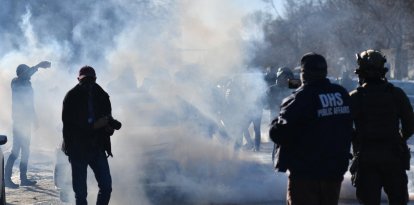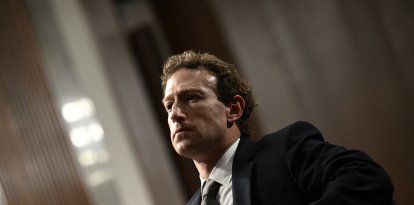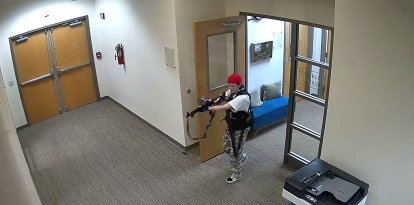Trump administration sues Illinois and Chicago over sanctuary policies that hinder deportations
The government argues that laws limiting federal agents' actions in these jurisdictions violate a federal statute that mandates state and local governments not to obstruct information sharing with immigration authorities.

Pam Bondi, during her Senate confirmation hearing.
President Donald Trump's administration filed a lawsuit against the state of Illinois, Cook County and the city of Chicago, arguing that their "sanctuary" jurisdiction laws hinder the enforcement of immigration laws and make it more difficult to deport illegal immigrants.
A Department of Justice (DOJ) official explained to the New York Post that this is lawsuit is just the first of several the administration plans to file against states and cities that have implemented protection measures for immigrants without legal status.
Likewise, Attorney General Pam Bondi said that the DOJ will not allow state and local authorities to continue hindering law enforcement by compromising public safety. Regarding the Illinois case, she stated:
"For too long, Illinois and Chicago leaders have prioritized the protection of illegal immigrants over the safety of their citizens. That ends today."
Laws limiting the federal government's action
The federal government specifically cites in the lawsuit the Illinois Trust Act, a law enacted in 2017, which limits state and local agencies from enforcing federal immigration laws. Additionally, Chicago is governed by an ordinance passed in 2012 that prohibits local authorities from arresting or detaining a person solely on the basis of immigration status.
According to the lawsuit, these laws contradict federal statute, which mandates that state and local governments not block information sharing with immigration authorities. A DOJ official emphasized that the legal action aims to remove these barriers and ensure that immigration law is enforced without obstruction. He also cautioned that the case could eventually reach the Supreme Court.
Finally, Bondi warned that any jurisdiction obstructing federal enforcement would face similar legal action in the future.

























